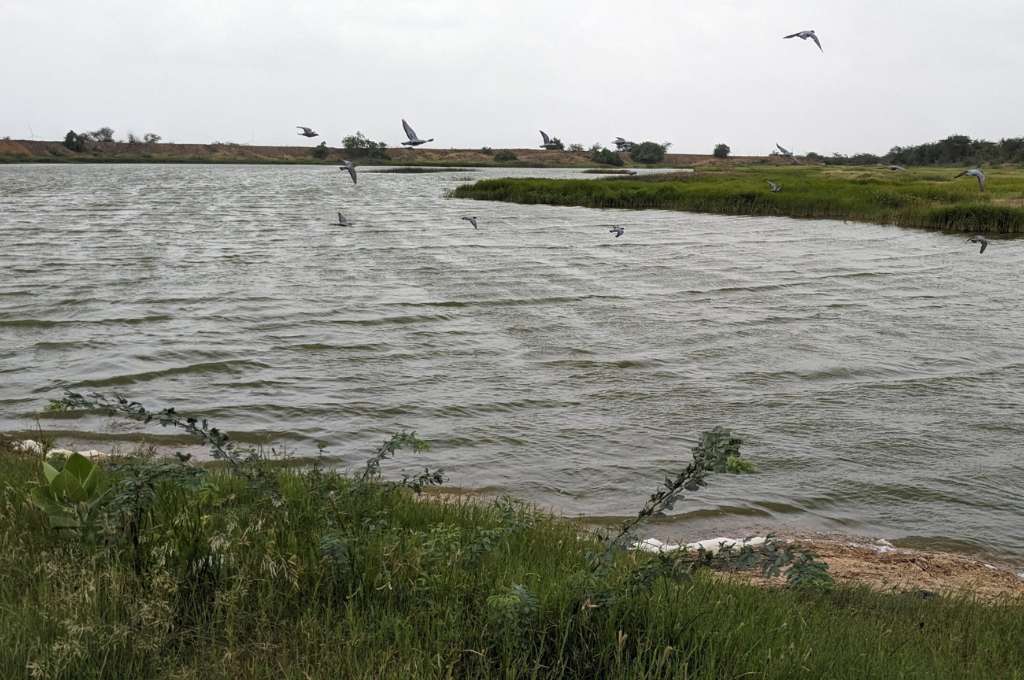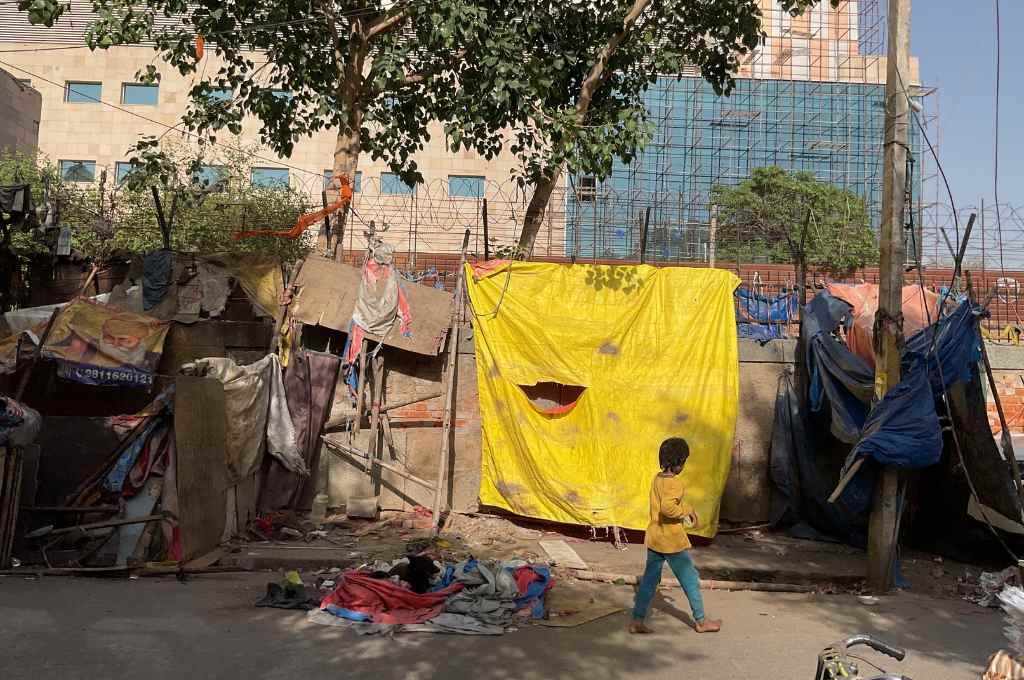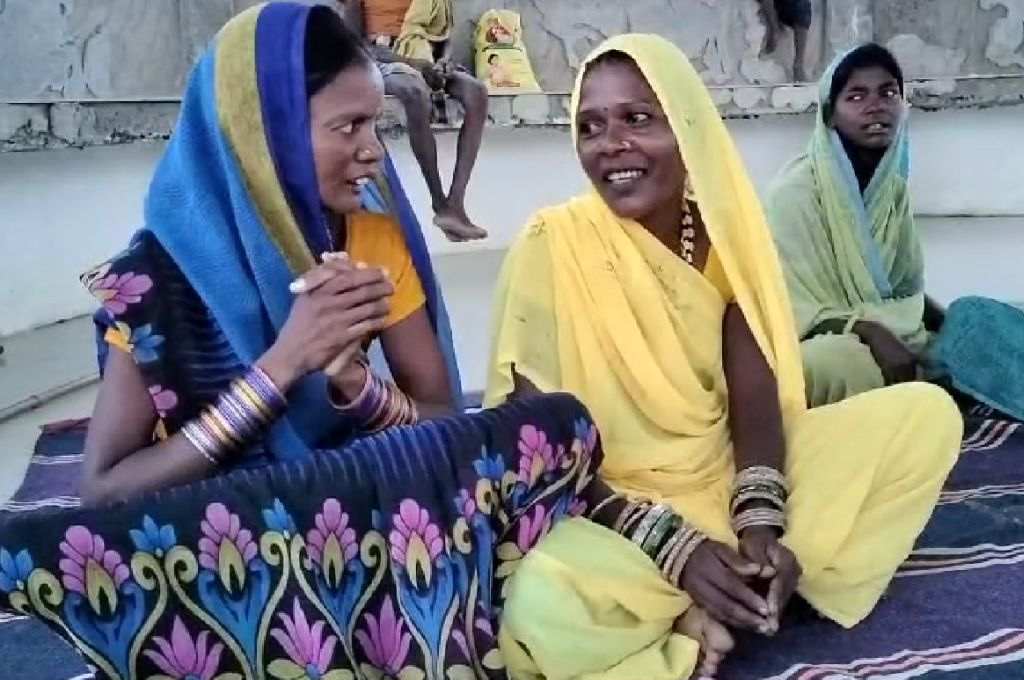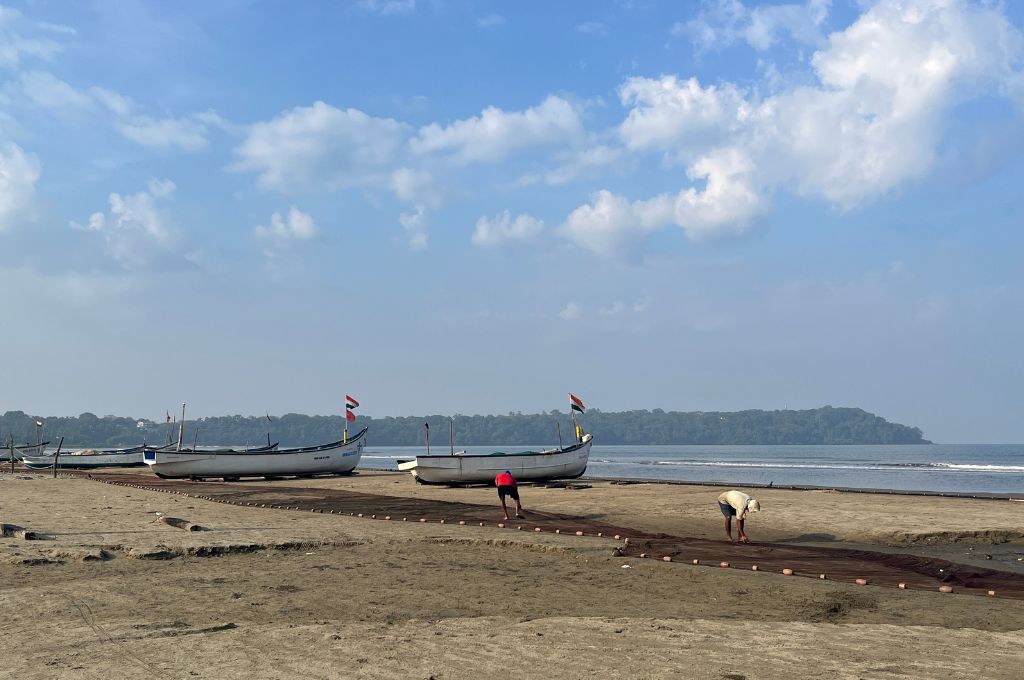Power cuts may worsen crop production for Gujarat’s farmers
Over the last 20 years, Sayla block in Surendranagar district, Gujarat has received very little rainfall and has experienced multiple droughts and drought-like situations. With the monsoons getting delayed again this year, we visited some farmers in the area to understand more about the monsoons and their impact on crop production. While most of the farmers we spoke to were worried about the delayed rainfall, some were more concerned about the ongoing power outage.
Jayantibhai, a farmer from Ovangadh village says, “Yes, there is no sight of rains but in our village, we don’t even have electricity. So, people who are dependent on borewells for their water supply are not able to irrigate their lands.”
He further adds that the cabbage he had sown on one acre of his land has already failed due to the lack of water. He has now sown onion on the same land. The cost of seeds for sowing, diesel for the tractor, pesticide, and labour for both crops has come close to INR 20,000 for 2.5 bigha (0.8 acre) of land. Onion is a short duration crop and requires regular irrigation early on in the crop cycle, otherwise, it will dry out. He says he can still manage agriculture with a late monsoon, but needs continuous electricity at this crucial crop growth stage. If this is delayed, all his physical and financial investments will be futile.
When asked what he would do if the situation persists, he says that he will sow onions again. This is when his neighbour, Sannuben, pitches in and says, “Munnabhai (another farmer) earned approximately INR 17 lakh last year by growing onion. Looking at his success, everyone is trying their hand at onion this year and will not give up easily.”
Electricity is available on most days, but once it goes, it is difficult for the farmers as it may not come back for anywhere between 2-15 days at a stretch. Nobody knows the real reason for why there is no electricity. Usually, the officials say that the line has been damaged because a truck rammed into it (since the area has a lot of truck traffic). There is also a joke going on in the village that the electricity officials come, sit, have their food, and leave without actually doing anything.
Debanjana Paul is currently with UNICEF YuWaah as the NUNV Economic Opportunities Officer. Rohit Kumarkhaniya works as a Development Organiser at Aga Khan Rural Support Programme India.
—
Know more: Read about the impact of borewell failure on small-scale farmers.
Do more: Connect with the authors at [email protected] and [email protected] to learn more about their work.



